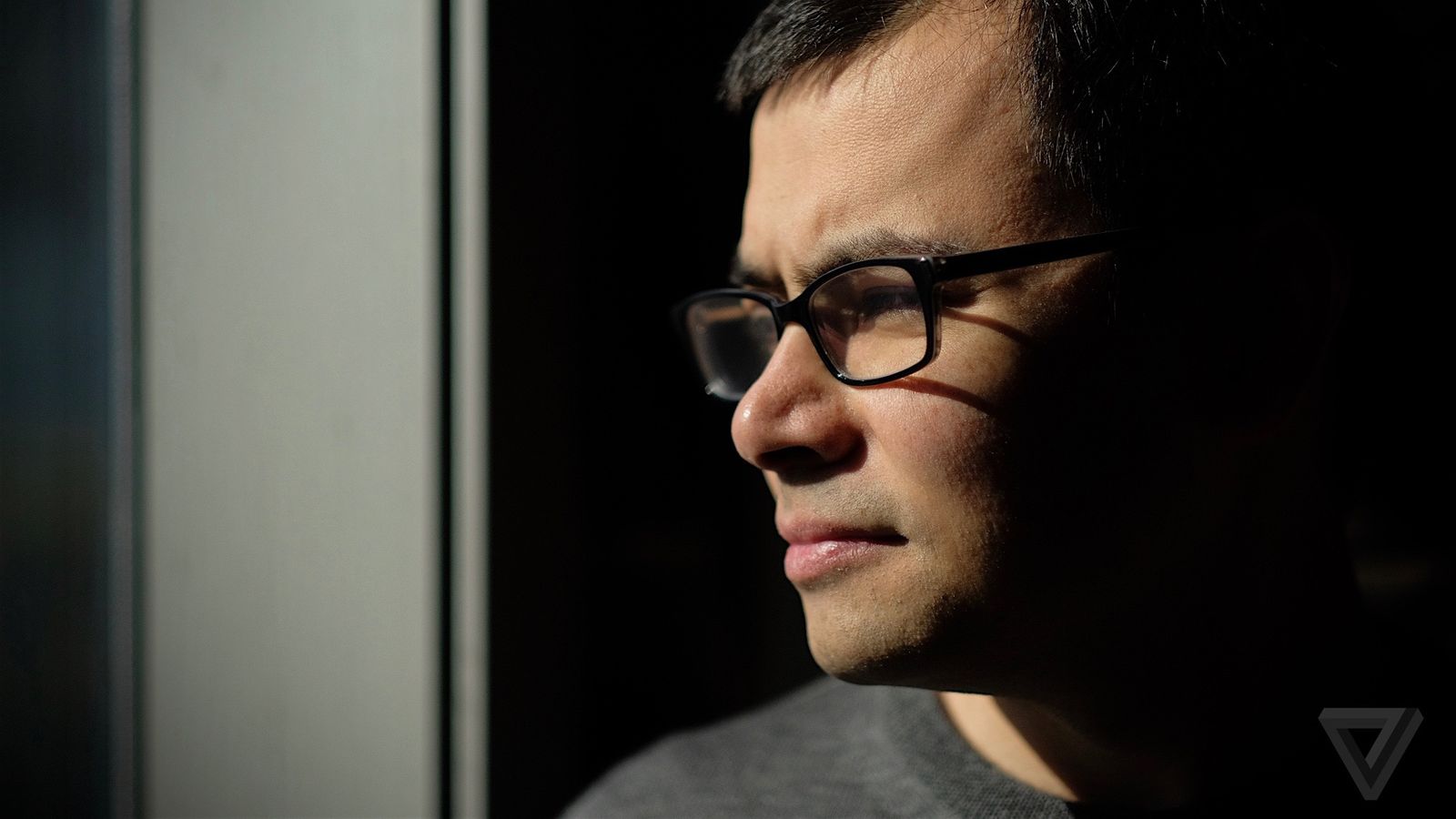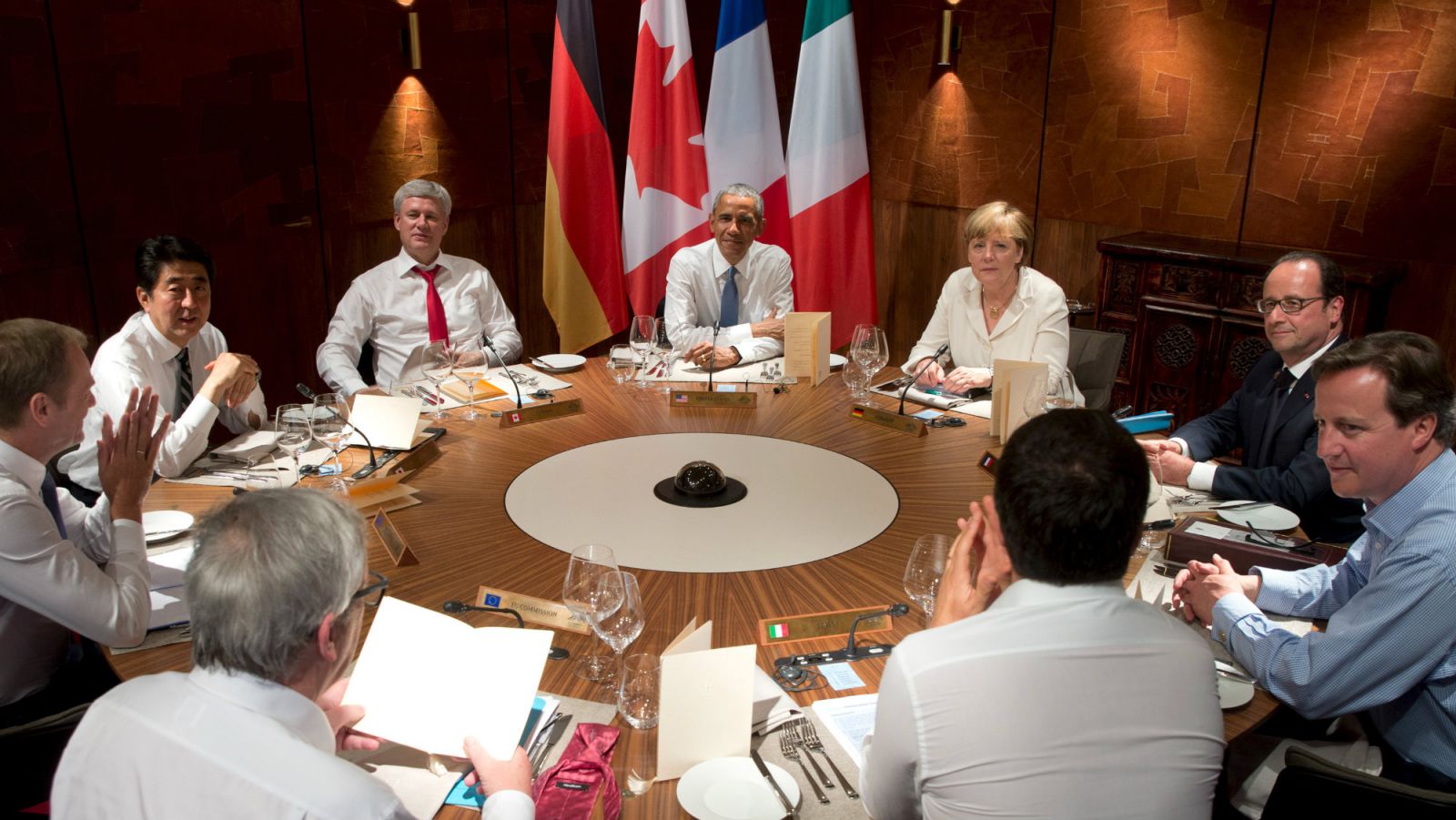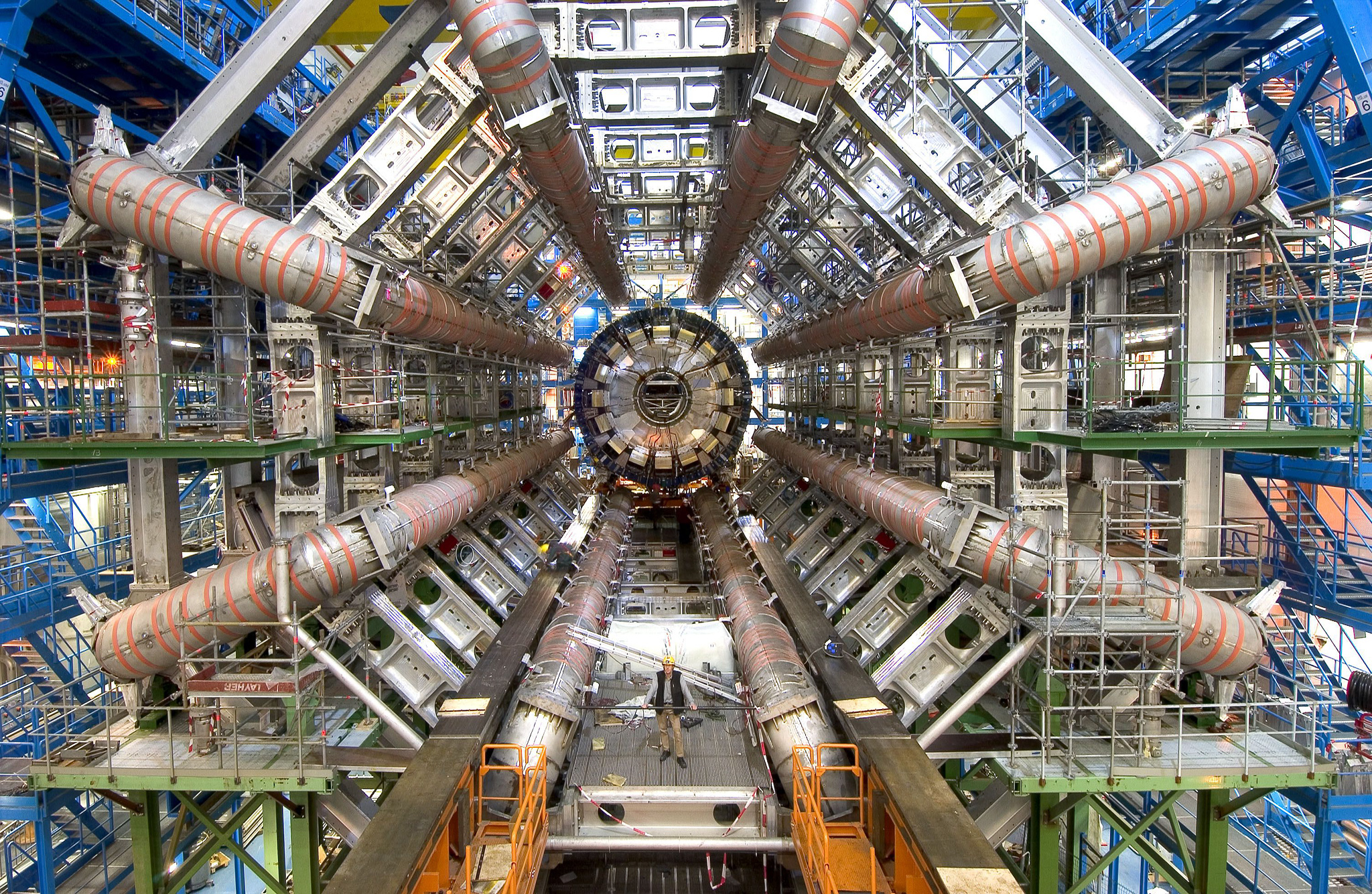The future of computing
The era of predictable improvement in computer hardware is ending. What comes next?

Send us a link
The era of predictable improvement in computer hardware is ending. What comes next?

DeepMind’s stunning victories over Go legend Lee Se-dol have stoked excitement over artificial intelligence’s potential more than any event in recent memory.

Technological change is accelerating today at an unprecedented speed and could create a world we can barely begin to imagine.

Webcasts of the 2016 Science|Business Horizon2020 conference: will its overall, annual budget be cut in this year's EU funding review?
Corporate boards, the US Congress, and global gatherings like the just-wrapped WEF in Davos are all built on a simple theory of problem solving: Get enough smart and powerful people in a room and they'll figure it out. This may be misguided.

A WEF report on the widespread disruption not only to business models but also to labour markets over the next five years.
Space missions, carbon capture and gravitational waves are set to shape the year.

We asked four researchers who made the news in 2015 what they would change about how science gets done.
Public funding made available for research after the WWII were expected to lead to industrial development, economic growth, and a general improvement of living standards. Yet, this model has been questioned for a few year.

The Welcome trust has collaborated with the government on several big capital projects, including Diamond Light Source in Oxfordshire and the new Francis Crick Institute laboratories.
A new regulatory framework for the 21st century.
Performance-related pay causes the best academics to cluster together, evidence from Germany suggests.
Key ideas behind the future of scientific publishing will be done primarily by two groups of outsiders: exceptionally creative user interface designers, and people who design group experiences.
As the world warms and technology improves, researchers and institutions should look at their carbon footprints and question whether they really need to travel to academic conferences.
The World Economic Forum’s Meta-Council on Emerging Technologies, a panel of 18 experts, draws on the collective expertise of the Forum’s communities to identify the most important recent technological trends.
Holiday discussion about the future of science and how it might one day be funded.
100 top ranked specialties in the sciences and social sciences
Proceedings of participant-driven workshops and the organizers’ synthesis of the outcomes of a recent symposium for early career researchers.
A report of the President’s Science and Technology Advisory Council.
Reflections on Science supervised by F. Heukelom, K. Landsman and M. Hagner of ETH Zurich.
Earlier this year, at a symposium organized by Nature in Melbourne, Australia, a group of leading academics, funders and government advisers discussed how research outcomes are measured. This Nature Outlook was influenced by these debates.
Using our data to predict tomorrow's biggest scientific and technological breakthroughs.
Report based on a U.S. survey conducted by Pew Research Center with Smithsonian magazine and featured in a special issue of the magazine on science and science fiction.
The age at which Nobel prize winners receive their prizes has increased dramatically, especially in physics.

Der amerikanische Literaturagent John Brockman stellt der Cyber-Elite jedes Jahr seine Edge-Frage. Lesen Sie an dieser Stelle eine Auswahl der jüngsten aufregenden und überraschenden Antworten.